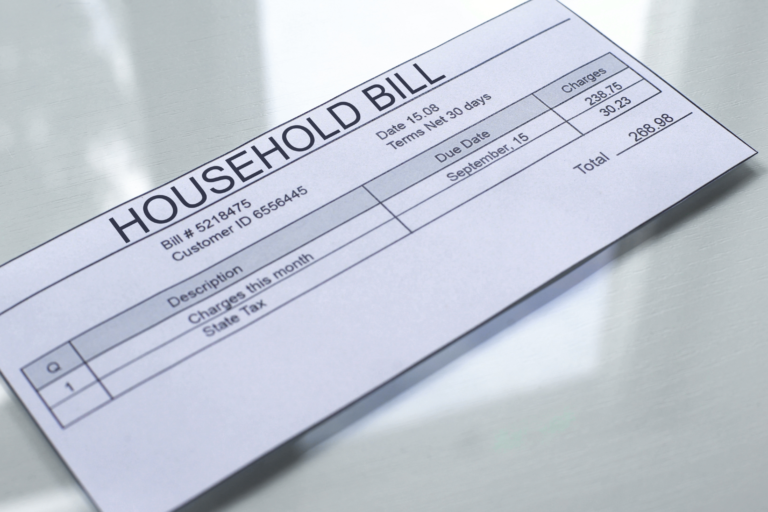Dealing with the death of a loved one is not easy, especially when you are responsible for handling the deceased’s affairs. If someone dies with assets titled solely in his or her name, these assets will likely go through probate.
Does probate look at bank accounts in Florida? Read on to find out.
Does Probate Look At Bank Accounts in Florida? – The Fundamentals
Probate is the legal process required to administer and distribute the estate of a deceased person. While probate is not necessarily a negative factor, it can be a time-consuming and expensive experience.
If an estate is subject to probate, the court must appoint a personal representative (or “executor”) to handle the deceased’s pending affairs, wrap up the estate, and distribute the remaining assets to their rightful heirs.
The personal representative receives authority in court to act on behalf of the estate and execute several duties such as:
- Gathering and organizing the decedent’s assets
- Notifying the interested parties
- Responding to creditors’ claims
- Executing assets from the estate to pay unsettled debts
- Filing tax returns
- Distributing the remaining assets
- Closing the estate
Bank accounts titled solely in the decedent’s name are subject to probate. An account without joint holders or designated beneficiaries cannot be accessed outside of probate.
During the process, the personal representative is responsible for handling the deceased’s bank accounts subject to probate. The executor must present Letters of Administration to the bank or credit union to access the decedent’s account.
The money held in the account will be transferred to an escrow account. These funds will be released during the distribution of the estate or used by the executor to settle the estate’s debts.
Is it Possible to Access a Deceased’s Bank Account Without Probate? – Exceptions to the Rule
Depending on how a bank account is titled, it is possible to have access to the funds held in the account without court administration. These exceptions are jointly owned accounts and accounts with designated beneficiaries.
Elderly individuals often create bank accounts with joint account holders, usually, a loved one or a trusted friend. Married couples tend to have joint bank accounts to facilitate the process of depositing and withdrawing money.
If one of the co-owners of a joint banking account dies, the surviving co-owner can still use the account to deposit and withdraw funds without probate. Owning an account with a joint holder requires a strategic approach, as it may expose you to joint debts depending on who the co-owner is.
Beneficiary designations permit the owner of a bank account or retirement account to transfer the asset directly to specific individuals outside of probate. The funds are not inherited through the will, which results in no court administration. Examples of beneficiary designations include:
- Retirement accounts (e.g., 401(k)s, IRAs, etc.)
- Bank accounts titled in joint tenancy with rights of survivorship
- Bank accounts with payable-on-death (POD) beneficiaries
- Bank accounts with transfer-on-death (TOD) beneficiaries
- Brokerage accounts with beneficiaries that are not the decedent or the estate
While beneficiary designations provide a valuable tool for probate avoidance, these designations should be reviewed periodically. Circumstances constantly change in life, which results in direct impacts on your estate planning strategies.
If necessary, it is possible to add, change, or remove individuals named as designated beneficiaries to an account.
Handling a Deceased’s Bank Account During Probate – Work with Your Florida Probate Lawyer Today
Avoid costly mistakes – immediately contact Attorneys Romy B. Jurado and Diana C. Collazos by calling (305) 921-0976 or emailing [email protected] for expert legal guidance.






